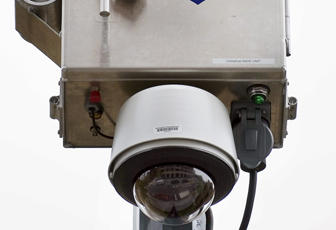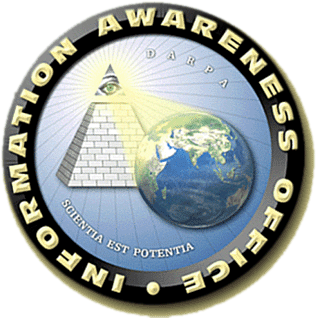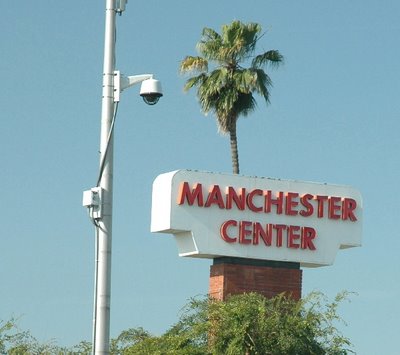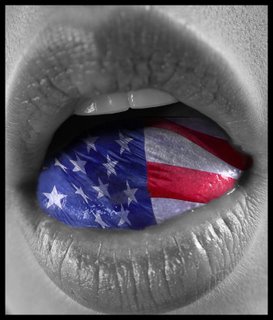
Freedom of Speech
http://shiiizzzam.deviantart.com/
The Electronic Frontier Foundation suggests that bloggers try anonymity.
http://www.eff.org/Privacy/Anonymity/blog-anonymously.php
2. Use Anonymizing Technologies
There are a number of technical solutions for the blogger who wishes to remain anonymous.
Invisiblog.com is a service that offers anonymous blog hosting for free. You may create a blog there with no real names attached. Even the people who run the service will not have access to your name.
If you are worried that your blog-hosting service may be logging your unique IP address and thus tracking what computer you're blogging from, you can use the anonymous network Tor to edit your blog. Tor routes your Internet traffic through what's called an "overlay network" that hides your IP address. More importantly, Tor makes it difficult for snoops on the Internet to follow the path your data takes and trace it back to you.
For people who want something very user-friendly, Anonymizer.com offers a product called "Anonymous Surfing," which routes your Internet traffic through an anonymizing server and can hide your IP address from the services hosting your blog.
3. Use Ping Servers
If you want to protect your privacy while getting news out quickly, try using ping servers to broadcast your blog entry for you. Pingomatic http://www.pingomatic.com is a tool that allows you to do this by broadcasting to a lot of news venues at once, while making you untraceable. The program will send out notice (a "ping") about your blog entry to several blog search engines like Feedster and Technorati. Once those sites list your entry ñ which is usually within a few minutes ñ you can take the entry down. Thus the news gets out rapidly and its source can evaporate within half an hour. This protects the speaker while also helping the blog entry reach people fast.
Others see this as problematic.
Expecting online anonymity seems a bit naive to me. Think of all the ways that your online activities are tracked and consider the tools which are available even to the average person. For example, many of us have tools for tracking blog traffic that give geographic location and originating IP address for our visitors. Conversely, if you as a blogger have a registered web site then your registration information is public record and a simple WHOIS will reveal who you are. If someone is truly concerned about anonymity, it would seem to me that the internet is probably not the place to expect it.
http://www.bloggerforum.com/modules/newbb/viewtopic.php?topic_id=15345&forum=16&post_id=64941
More philosophically, I’m opposed to the notion of anonymous blogging where-ever it is possible to avoid it. Anonymity reduces the credibility of what is being said, and opens up the opportunity for scandal and muckracking, for example by people deliberately spreading false information using an anonymous blog. Instead, where-ever possible bloggers should correctly disclose their ID, at least in the case of opinion/commentary blogs. Obviously anonymity is essential in some cases, notable in non-democratic states and where one’s job might be on the line, but as a general trend in blogging, I don’t think it’s a healthy one.
http://weblogs.about.com/gi/dynamic/offsite.htm?zi=1/XJ&sdn=weblogs&cdn=compute&tm=220&f=10&su=p284.21.140.ip_p284.2.420.ip_&tt=2&bt=1&bts=1&zu=http%3A//www.globalvoicesonline.org/%3Fp%3D125
Indeed, the issue of anonymity has been used against the letter calling for the resignation of New York Archbishop Egan, that appears in the October 11, 2006 Whispers in the Loggia.
Ahhhh, the glory of the anonymous letter. It seems members of the presbyterate of the Archdiocese of NY have the moral certainty to circulate a letter calling for a vote of "No Confidence" in Cardinal Egan but lack the moral strength and maturity to actually affix their names to the letter. From what I am able to discern from the text of the letter as well as the attending article found at, http://whispersintheloggia.blogspot.com, the priests of the Archdiocese are frustrated with the leadership, or perceived lack thereof, provided by Cardinal Egan. This is fine with me. I have worked for and with people that have frustrated me with their leadership style or skill to the point where I wanted to scream. I do not know Cardinal Egan nor have I ever been subject to his leadership so I cannot speak to that issue. What disappoints me is the nursery school recess dynamic that accompanies the anonymous letter. The author(s) included the following in their letter:
"As you would understand, because of the severely vindictive nature of Cardinal Egan, this committee must remain anonymous."
This smacks of a certain immaturity and lack of courage that I am disappointed to find in our clergy. Imagine if the Founding Fathers decided to issue the Declaration of Independence without signing it. They were in mortal danger but chose to sign it because a very public statement lacks power without knowing the names of those who support it. So it goes with the clergy behind the anonymous letter. If they truly believe that their argument has merit and they are convinced that they are acting correctly, why not sign the letter? If they are coming from a position of truth and righteousness, they would be protected by the Magesterium as well as the body of the Faithful from the "wrath" of Cardinal Egan.
http://www.bustedhalo.com/blogs/index.php?blog=1&cat=25
And, as I would suspect, there is a whole world of software applications that are not necessarily available to the general public, for tracking and manipulating data.
Staying anonymous is increasing less likely.
The key is in preserving the need not to.
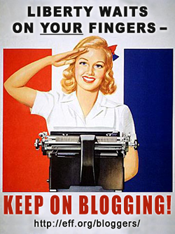
 The
The 